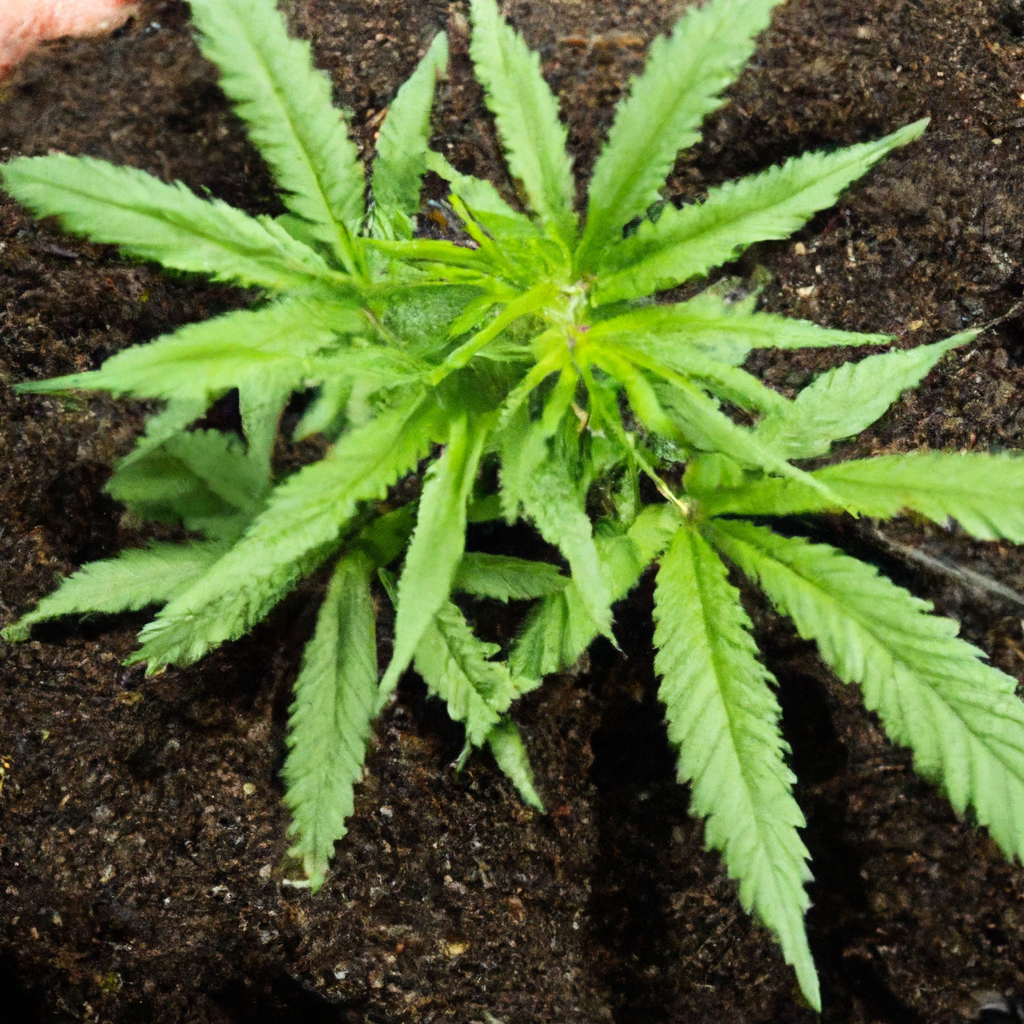Your cart is currently empty!
As the wave of green consciousness sweeps across the world, cultivating cannabis organically is becoming increasingly popular. Not only does it promise a healthier product for consumers, but it also offers a sustainable approach that benefits our planet. In this guide, we’ll explore the essential practices for organic cannabis cultivation, focusing on natural fertilizers, composting, and environmentally-friendly pest control methods.
Building a Healthy Soil Ecosystem
The cornerstone of any successful organic cannabis grow is a vibrant soil ecosystem. Unlike conventional soil, which often becomes depleted over time, organic soil teems with life and microbial activity.
- Composting: Incorporate a rich compost mixture into your soil to provide essential nutrients. This process not only recycles plant waste but significantly boosts soil fertility.
- Cover Cropping: Planting cover crops like clover or alfalfa can improve soil structure and prevent erosion. These plants fix nitrogen in the soil, naturally enriching it without synthetic fertilizers.
Natural Fertilizers: Feed Your Plants the Way Nature Intended
Using natural fertilizers in cannabis cultivation is crucial for maintaining the organic integrity of your grow. Avoiding synthetic chemicals not only ensures healthier plants but also enhances the final product’s flavor and aroma.
- Fish Emulsion: A fantastic source of nitrogen, fish emulsion helps promote vigorous plant growth and lush green foliage.
- Kelp Meal: Rich in trace minerals and growth hormones, kelp meal encourages robust root development and improves overall plant health.
- Bat Guano: High in phosphorus, bat guano is perfect for flowering stages, boosting bud production and resin development.
Pest Control the Organic Way
Managing pests without harmful chemicals is vital for preserving your organic cannabis crop’s purity. Here are some effective organic pest control strategies:
- Neem Oil: This natural oil disrupts the lifecycle of common pests like aphids and spider mites without affecting beneficial insects.
- Companion Planting: Growing certain plants alongside cannabis, such as marigolds or basil, can repel specific pests or attract beneficial predators.
- Beneficial Insects: Introduce natural predators like ladybugs or predatory mites to keep pest populations under control.
Why Choose Organic? Benefits for Both Environment and Consumers
Opting for organic cannabis cultivation goes beyond personal preference; it contributes to a healthier ecosystem and provides multiple consumer benefits.
- Environmental Impact: Organic growing practices reduce pollution, conserve water, and promote biodiversity, leading to a more sustainable planet.
- Consumer Health: By eliminating synthetic pesticides and fertilizers, organic cannabis minimizes exposure to harmful chemicals, resulting in a cleaner, safer product.
- Enhanced Aroma and Flavor: Organic methods often lead to richer terpenes, enhancing the natural aroma and flavor profile of the cannabis plant.
Conclusion
Embracing organic practices in cannabis cultivation is a rewarding journey that nurtures both the earth and your plants. By building healthy soil, utilizing natural fertilizers, and adopting organic pest control measures, growers can produce superior cannabis that’s as beneficial for the consumer as it is for the environment. Let’s grow green for a brighter, more sustainable future.
Tags: OrganicGrowing, NaturalFertilizers, PestControl, Sustainability, soil-health
Discover more from Magic Clones
Subscribe to get the latest posts sent to your email.


Leave a Reply